Unwittingly, I read two books in a row that have a lot in common: Olive Kitteridge, by Elizabeth Strout, and Cost, by Roxana Robinson (reviewed here). Both books are set along the Maine coast and center around a middle-aged female protagonist. Both books make short jaunts to Brooklyn. Both deal with painful mother-son relationships, as well as aging, infidelity, and other family dynamics. And both books explore terribly sad topics.
But that’s where the similarities end, because in many ways these two books could not be more different. While Cost essentially follows four days in a family’s life over the course of 300 pages, Olive Kitteridge is a loosely connected collection of stories about a town in Maine, with each chapter focusing on a different storyline and taking place over thirty or more years. Roxana Robinson is an incredibly detailed writer, while Elizabeth Strout is the master of understatement. Her writing is so spare, so economical, that if you inadvertently miss a sentence, you might miss an entire plot development.
I was a little late to the Olive Kitteridge bandwagon. While I have had the book for quite a while (FTC disclosure: I think it was a review copy, though I can’t remember), I just didn’t get to it until now. And of course, in the interim, it won the 2009 Pulitzer Prize for literature. But now that I’ve read it, I am really glad that I did. I don’t always love short story collections, because I find them somewhat unsatisfying and often forgettable. But Olive Kitteridge avoids that pitfall, mostly because of the title character. She is a thread running through each of the stories, even the ones in which she appears only briefly. But she offers context and somehow makes the book cohere in a way that short story collections often don’t.
I also love the way Strout tells stories. Her spare writing, combined with her slow teasing out of plot, makes Olive Kitteridge a very compelling read. I felt myself wanting to forge ahead, to start the next chapter, just to see what was going to happen. While there is a lot of tragedy in Olive Kitteridge (something terrible happens to someone in pretty much every chapter), it’s not a horribly depressing book. It’s realistic, and sad in its commentary about the passages of life, but it’s still a very good book.
I think what I liked most about Olive Kitteridge is that Strout writes without judgment, accepting her characters as they are and, in the process, making her readers sympathetic to them, flaws and all. Her book is ultimately about the human condition and its fragility, and the moments that make up – and end – lives.



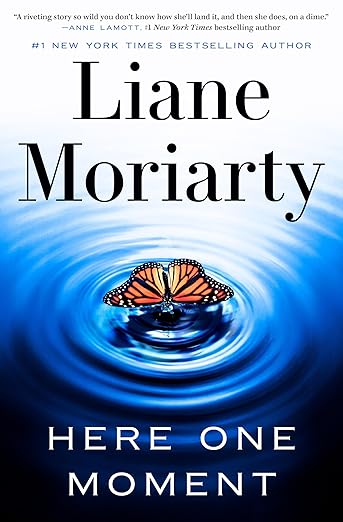
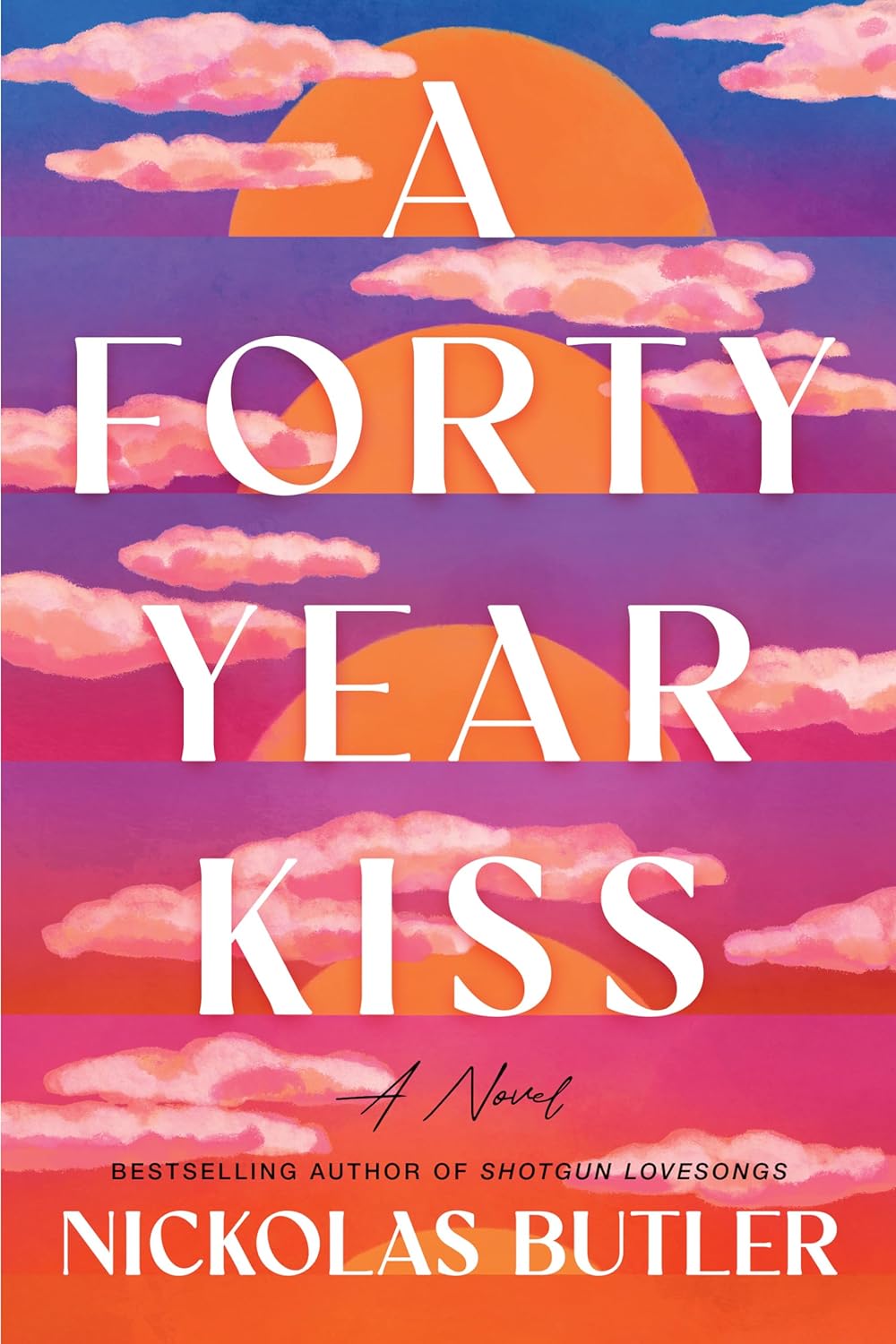
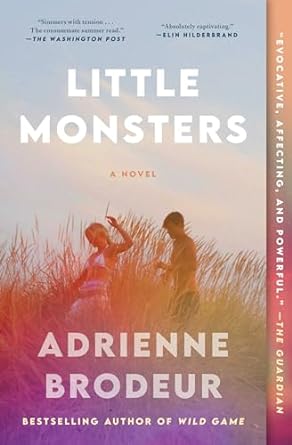
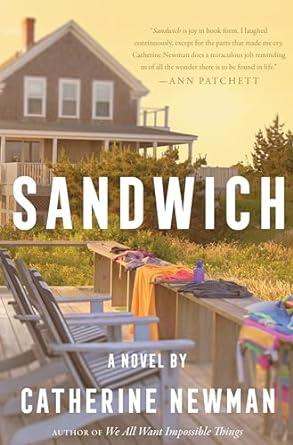
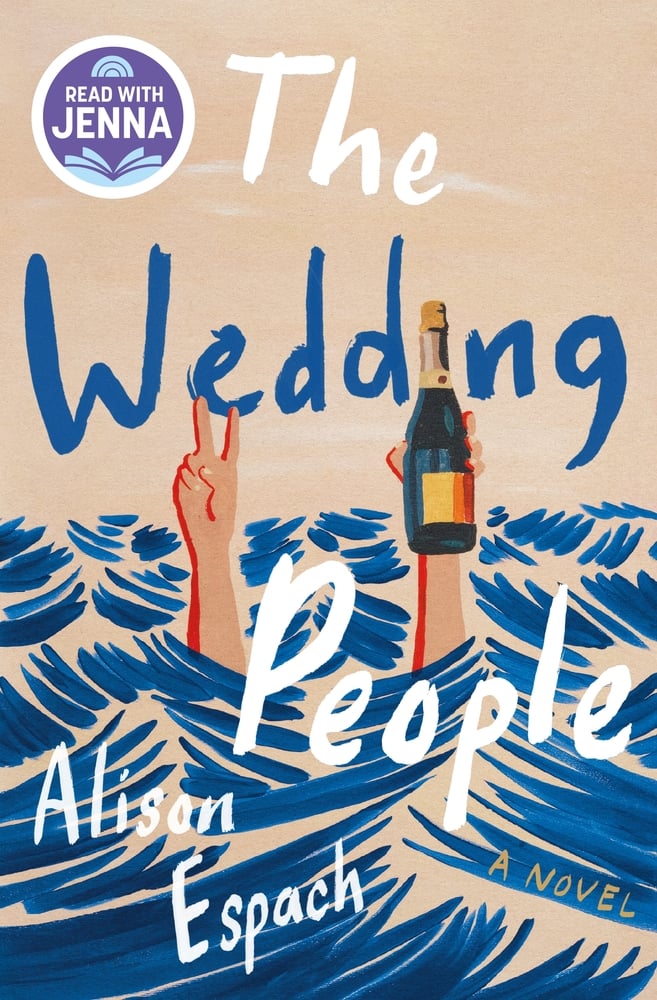

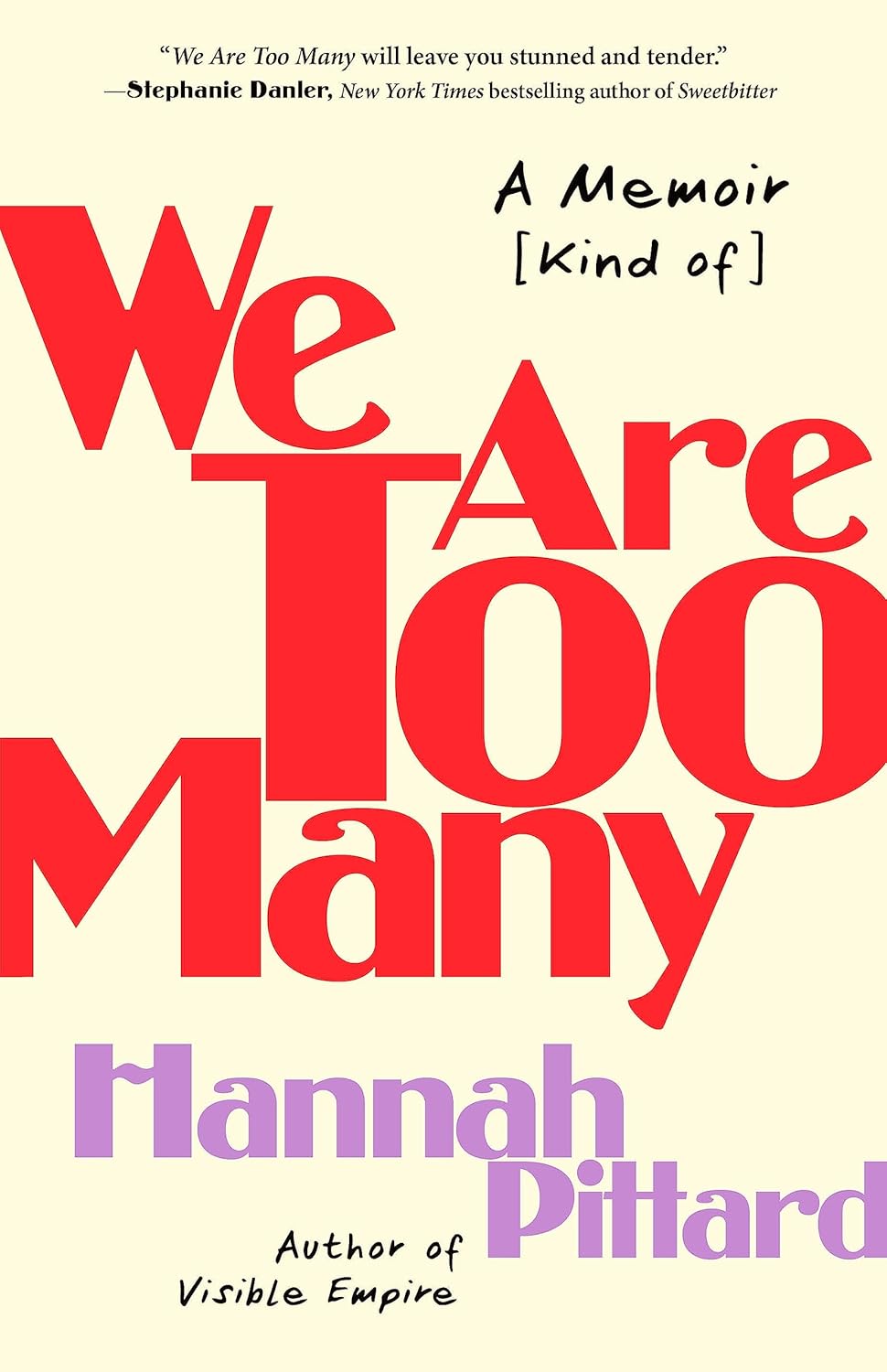
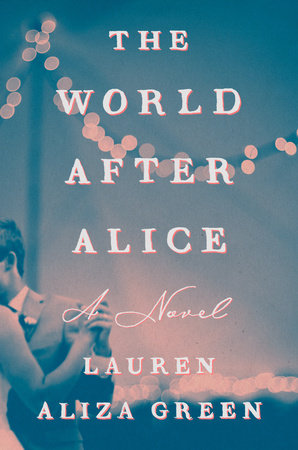





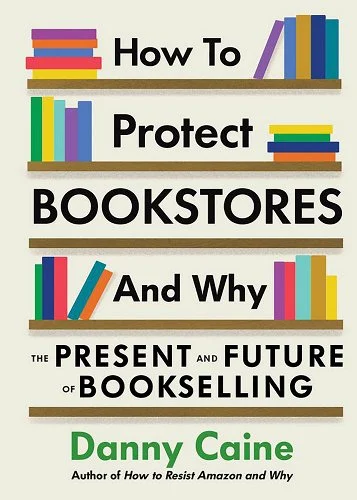

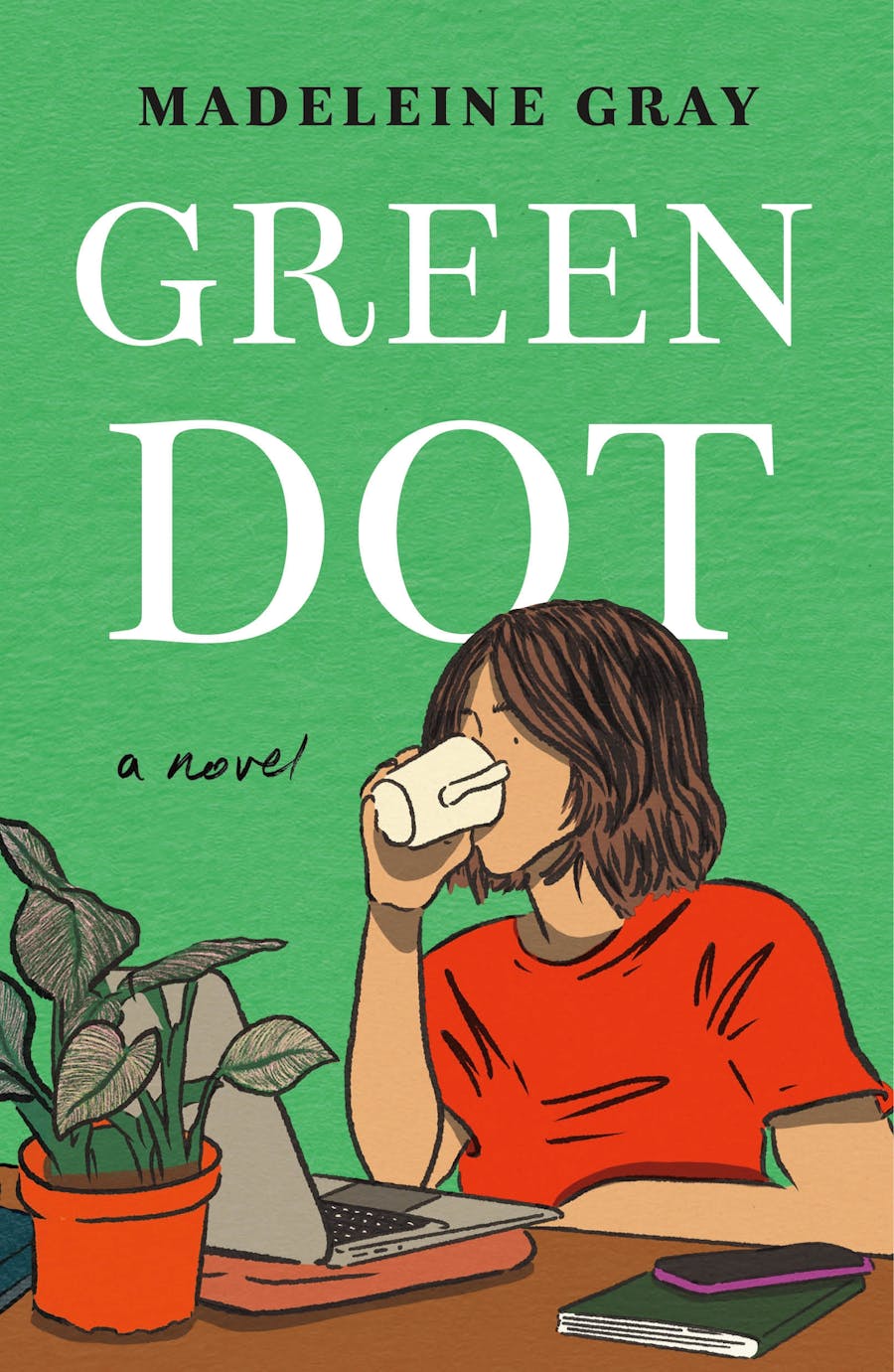


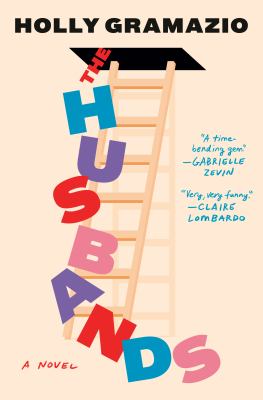
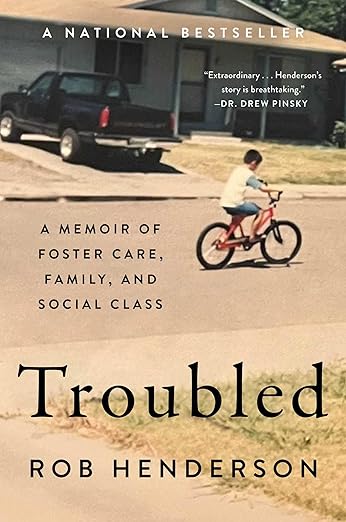

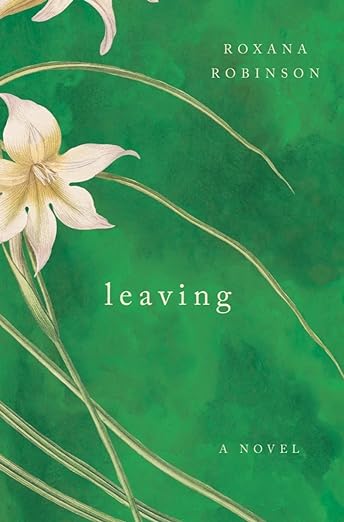
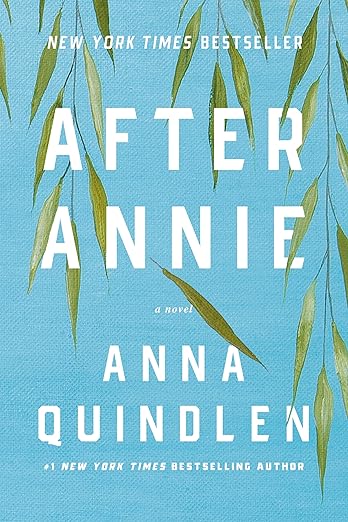
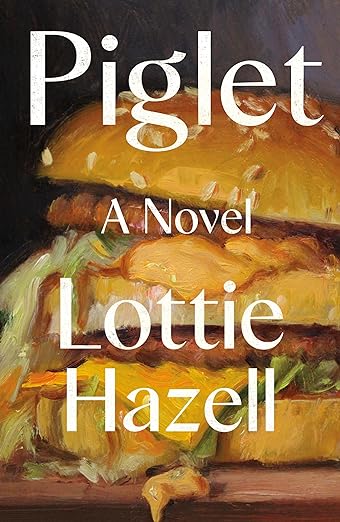

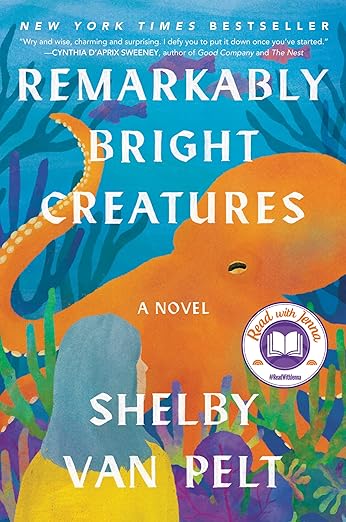
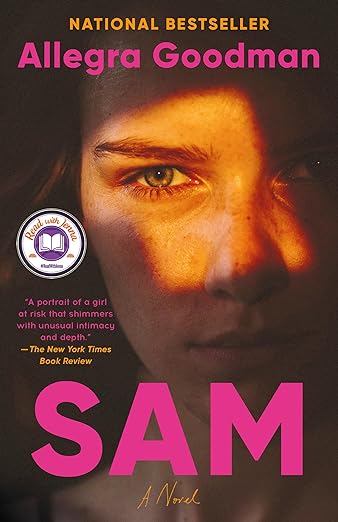
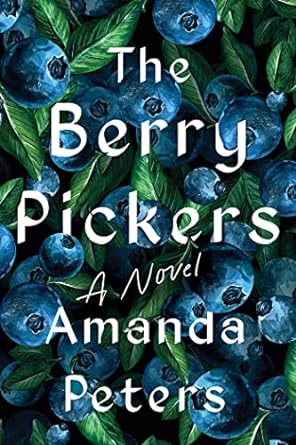
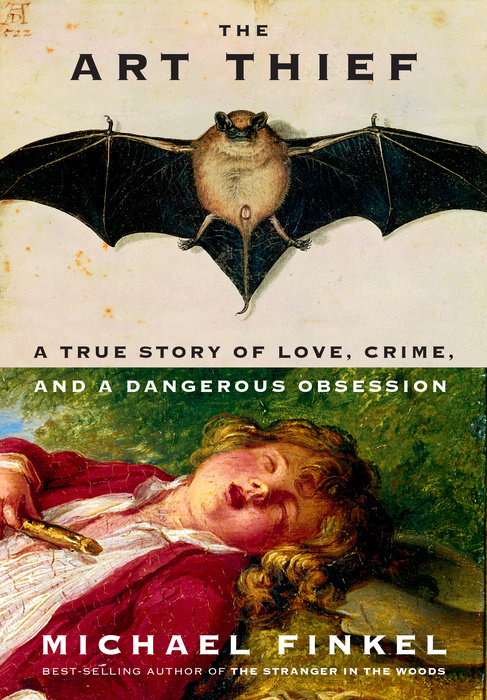

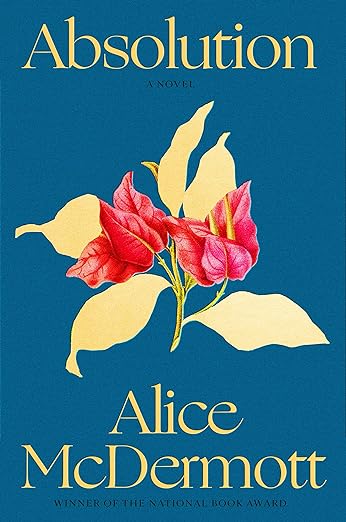


About Me
I have been blogging about books here at Everyday I Write the Book since 2006. I love to read, and I love to talk about books and what other people are reading.